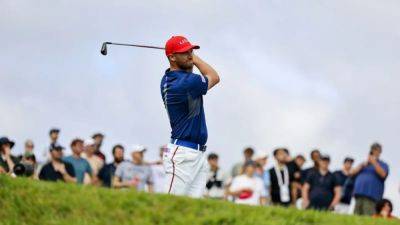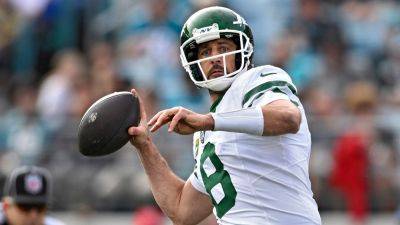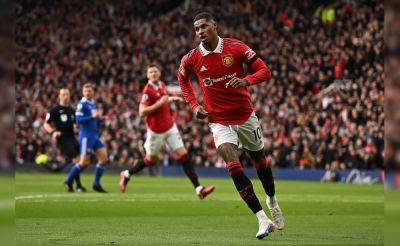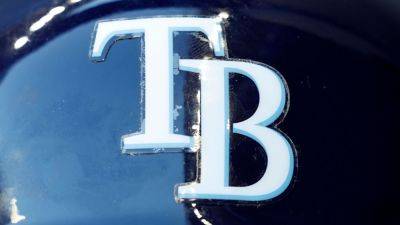Optimism for new NHL collective agreement, with talks expected to begin in February
The NHL's collective bargaining agreement does not expire until Sept. 15, 2026. That discussions are set to begin on a new deal in early 2025 is already one step ahead of where hockey has been in labour negotiations in the past.
Commissioner Gary Bettman earlier this week said he expects talks with the NHL Players' Association to begin in February, around the time stakeholders are together for the 4 Nations Face-Off that stands as the latest example of collaboration in the sport.
Both sides have issues to broach and changes they want, but the trajectory of the league combined with the strong working relationship between Bettman and union executive director Marty Walsh means there is reason for optimism in a sport that has had three labour stoppages in the past three decades.
Bettman is in the midst of canvassing owners and general managers and Walsh his membership of over 700 players to figure out the issues that are most important to them.
The salary cap system and 50/50 split of revenue that has been in place are not likely to change, and there is already an agreement in place to send NHL players to the Olympics in 2026 and 2030. That leaves a handful of topics to go over.
After previous negotiations centred on how to share money, owners and players have shifted their focus to growing the revenue available to all. Revenues are setting records each season thanks to new U.S. media rights deals, with another coming to Canada in '26, and fresh sources of income like the 4 Nations event, jersey and helmet advertisements and a series of sponsorship agreements.
There are still points of contention, of course.
Expansion fees have gone entirely to owners, including $500 million U.S. when Vegas joined and $650 million from








